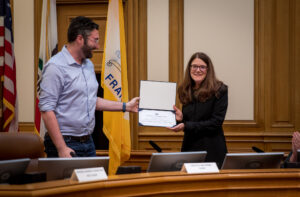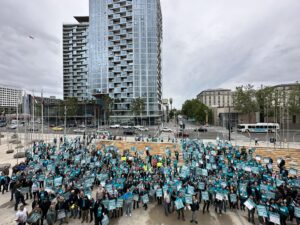Local 21 Member Cherisse Boland Gets Job Back
with Full Back Pay

Cherisse Boland is a Supervising Criminalist in the Crime Lab at SFPD. In 2014, the department was receiving negative press and Chief Suhr was under pressure to take action. Action was taken, and Boland’s work was singled out for an investigation while she was out on maternity leave. Prior to the investigation, Boland had only positive feedback in her work reviews, and no discipline on her record. Despite every element of the investigation being highly suspect, the investigation still led to an order for her termination.
Local 21 immediately grieved the decision. When no remedy was agreed upon, Local 21 demanded arbitration.
It has taken almost 3 years, a 13-day arbitration hearing, and hundreds of hours of work and legal counsel, but justice has finally been served for Boland. The arbitrator has sided with Local 21 on all counts, and demanded that Ms. Boland be reinstated to her job- with back pay and full benefits. She will also be provided paid training to refresh her skills.
The case centered around sudden alleged performance issues as well as the erroneous assertion that Boland did not complete a required training in 2014. Local 21 contended that the allegations about Boland’s work came down to a question of a difference in professional opinion that was not only scientifically legitimate and expected in her line of work, but in no way violated departmental norms or policies. Additionally, Local 21 challenged the investigation process and the fundamental accuracy of the SFPD’s central points.
The arbitrator found that there was no just cause for Boland’s termination, and agreed with Local 21 by calling into question the investigation the department undertook in the strongest terms: “The internal audit was fundamentally flawed and taints the entire process”. Because leadership of the crime lab falls to people who are not scientists and don’t have advanced knowledge of DNA analysis, they directed a deeply flawed investigation lead by Lab Manager Sanchez, who also lacked experience in DNA, instead of using an outside auditor. The arbitrator stated, “This style of investigation…cannot be sanctioned by the arbitrator.” The arbitrator also found fault with the fact that the investigation occurred without Boland’s participation, and didn’t attempt to reconcile that the crime lab was subject to regular external audits which produced no findings that called Boland’s performance into question.
There are also many problems with the specific performance issues cited by the SFPD as grounds for the termination. None of the alleged issues were ever brought up before, and were made suddenly while Boland was out on maternity leave. At times, the department was unable to produce policies that supported their assertions, or attempted to apply current policies to past standard practice in order to claim that Boland’s termination was justified. In one instance, Boland was blamed for work not being completed while she was out on leave. The SFPD also seemed to have a poor working knowledge of the different roles in the crime lab, and what would have been within Boland’s realm of responsibility. For example, the department tried to claim that Boland should be disciplined for the actions of a subordinate who was reporting to a completely different supervisor. The arbitrator’s frustration comes through in the decision, “some of the charges do not sufficiently identify what the Grievant is accused of doing, or not doing, or in which of the roles she was acting.”
Another justification for termination that the SFPD tried to use was Boland’s alleged failure to complete a 2014 training requirement. Boland had in fact attended a training while at work with her fellow crime lab workers. She and others experienced technical difficulties with the registration for the course, and the Interim Technical Leader was both aware of that and indicated in writing that he was working on obtaining the course certificates for employees’ files. Before departing on maternity leave, Boland even followed up to request that a copy of that certificate be placed in her file while she was gone. Despite this, the SFPD insisted that it was her responsibility to make sure that documentation was in her file, even though the Quality Assurance Standards don’t require it. The department also argued that failure to do so justified her termination.
These examples of performance allegations made by the SFPD that were sloppy, incomplete, or otherwise suspect complete the picture of a discipline case that should never have been brought forward. The facts indicate a kind of witch hunt that the SFPD should be ashamed of. Other workers associated with the alleged performance issues were not disciplined, even when they made a documented mistake, yet the SFPD went after Boland as the supervisor. Interestingly, before Boland left on leave she directed a written complaint to leadership that addressed several issues of concern, one of which was her assertion that the training program used for new unit procedures was seriously lacking. While we cannot be sure of what the ultimate motivation was for singling her out, her absence due to maternity leave and Boland speaking up about department shortcomings seems like a red flag.
The case shows why it is so important for a worker like Boland to be a member of a strong union that has the leaders, staff, funds, and bargaining power to defend her. One of the main reasons workers join unions is to gain protection against unfair and unjust discipline. Because Boland’s union contract limits the City’s right to discipline an employee to issues that rise to the level of “just cause,” Local 21 was able to successfully challenge her termination on the grounds that the City’s case failed to meet the tests for just cause. As a professional worker with a master’s degree in forensics, it was not only her job on the line, but her career. Had the SFPD been able to get away with impugning her professionalism and work product, getting another job in the field of forensics would have been next to impossible. Without her contract and a strong union of workers behind it, the employer might have gotten away with scapegoating her in the politically charged atmosphere of the moment.
Boland is happy that she is part of a strong union, “I am honored my Union worked so hard to defend my professionalism, integrity, and career. My union not only fought for the truth, but also fought for my family and my livelihood.” Like many Local 21 members, Boland worked hard in her more than 10 years with the City, and felt a calling to public service, “I love my job and my profession as a Criminalist / Forensic Scientist. It’s truly rewarding assisting the Criminal Justice System by using DNA Technology to help solve crimes and protect the innocent. I never imagined I would be in an arbitration setting fighting for my job, fighting for my profession, fighting for the truth.”
The arbitrator has validated the struggle to clear her name, stating decisively in her conclusion that “the City has failed to meet its burden of proof with respect to all charges.” This is a victory not only for Cherisse Boland, but for Local 21 members everywhere. Using our collective resources to fight a battle like this one not only helps a deserving member, but also draws a line in the sand for what won’t be tolerated in our workplaces.





